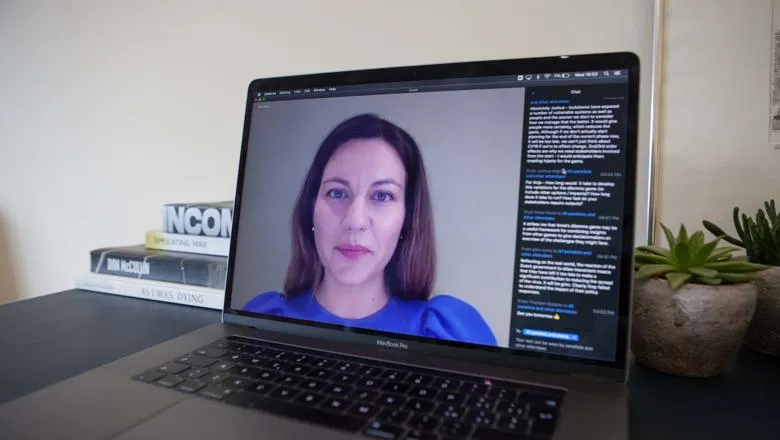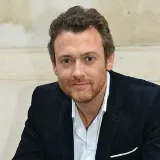03 April 2020
Wargaming the Pandemic's Effects
KCL's Wargaming Network explores how novel wargaming methods can help us understand the short and long-term effects of the COVID-19 pandemic.

King’s Wargaming Network convened scholars, professional wargamers and government officials during 1-2 April to examine how novel wargaming methods can help us understand the short and long-term effects of the COVID-19 pandemic. Approximately 90 participants from 20 countries discussed past projects that have explored a pandemic’s potential impact on healthcare systems, social inequality, international cooperation, and security. Panelists proposed new initiatives to investigate emerging policy questions, and to educate and train decision-makers and the public.
The initiative is part of a King’s Wargaming Network effort to adapt wargaming methods to the changed and evolving strategic environment, and to develop wargaming as an academic discipline. “Wargaming has traditionally been practiced more as an art than a science. However, wargames need to be more scientific if they are to be used for research and analysis, especially, if this analysis informs policy decisions,” said Ivanka Barzashka, the Network's director.
The two-day online workshop was a response to a broader King’s call for rapid research to understand the pandemic’s effects across different sectors. The university awarded Ivanka Barzashka, Dr Matthew Moran and Prof Richard Sullivan a King’s Together grant for a pilot project “Wargaming Strategic Decision-Making to Counter the Spread of Infectious Diseases”. Dr Tom Foulkes, the Director of Research Strategy and Development, said the project was “identified as one of the highest priority for award” among 160 applications from faculty across the university.


